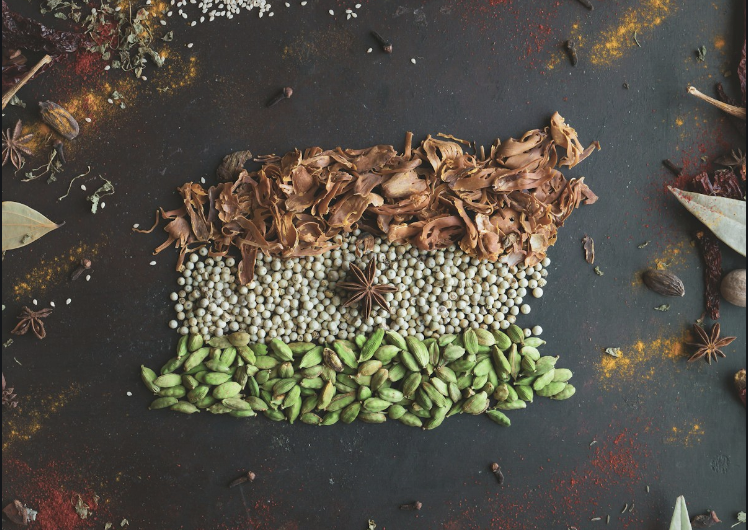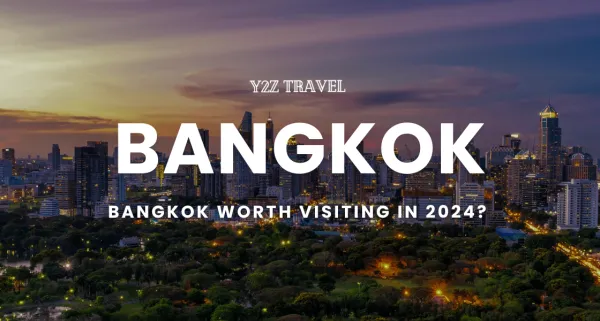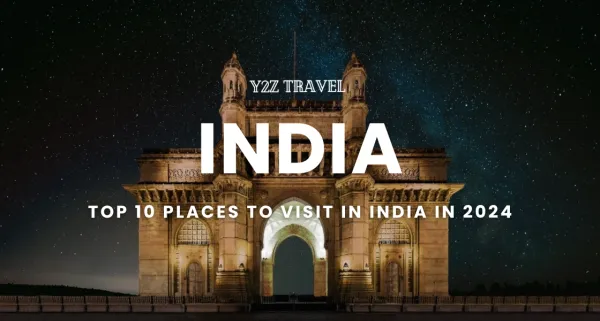Beyond the Tricolor: Republic Day Traditions You Didn't Know
Explore the lesser-known Republic Day traditions of India and discover unique ways to celebrate this patriotic day. Get insights and plan your festive travel with our guide.

Introduction
Republic Day in India is a significant national holiday that commemorates the enactment of the country’s constitution on January 26, 1950. While many of us are familiar with the grand parade in New Delhi, there are numerous other traditions and customs across the country that remain less known. In this blog, we’ll take a cultural voyage, uncovering these hidden gems, so that you can enrich your travel plan with these vibrant celebrations.
The Unsung Heroes of Republic Day
As we wave our flags and hum the tunes of patriotic songs, there are countless unsung heroes who contribute to the spirit of Republic Day. From the local artisans who craft tricolor decorations to the children participating in school competitions, their stories are the threads that weave the fabric of this national festival.
Cultural Feasts and Festivities
No Indian celebration is complete without a feast, and Republic Day is no exception. Each state in India offers a platter of traditional dishes that are a feast for the senses. Explore the local culinary delights that make Republic Day a gastronomic delight as well.
Regional Celebrations That Steal the Show
From the martial arts displays in the northeast to the folk dances in the desert of Rajasthan, regional Republic Day celebrations showcase India’s diversity. Get a glimpse of how different states honor this day with their unique cultural flair.
Green Republic Initiatives
In recent years, there’s been a growing trend of eco-friendly celebrations. Learn about the green initiatives taking place across the country that aim to blend patriotism with environmental consciousness.
Conclusion
Republic Day is a mosaic of India’s rich cultural heritage. Beyond the tricolor, it’s an opportunity to delve into the heart of India’s diverse traditions. As you reflect on these traditions, we invite you to share your thoughts and experiences. Have you encountered any unique Republic Day customs during your travels? Let’s discuss in the comments below.
FAQs
Q: What is Republic Day and why is it celebrated in India? A: Republic Day marks the day when the Constitution of India came into effect, turning the nation into a newly formed republic. It is celebrated to honor the establishment of a sovereign democratic republic.
Q: How can I add my Republic Day trip to my travel plan on Y2Z Travel? A: You can easily add your Republic Day trip by visiting the “Add Your Trip” section on our website and filling in the details of your festive journey.
Q: What are some lesser-known Republic Day traditions in India? A: Lesser-known traditions include local cultural programs, eco-friendly flag hoisting ceremonies, and unique regional festivities that reflect India’s diversity.
Q: How can I generate a personalized travel plan for Republic Day using Y2Z Travel’s AI planner? A: Visit our “Personalized AI Travel Planner” to generate a customized itinerary. You can collaborate in real-time with friends and family to plan the perfect patriotic getaway.
Q: Can I read about different ways to celebrate Republic Day in India? A: Absolutely! Head over to our Travel Blog for articles and stories on various Republic Day traditions and celebration ideas.
Q: Where can I find updated news about Republic Day events and celebrations? A: For the latest updates on Republic Day events, follow our Twitter handle @y2ztravel where we post news and information in real-time.
Q: How can I contribute to Y2Z Travel’s blog with my Republic Day experience? A: You can share your experience by writing a guest post for our blog. Visit our website’s blog section for guidelines on how to submit your story.
Q: Are there any specific Republic Day events for children? A: Yes, many schools and communities organize special events such as flag-hoisting ceremonies, parades, and cultural programs specifically designed for children.
References





